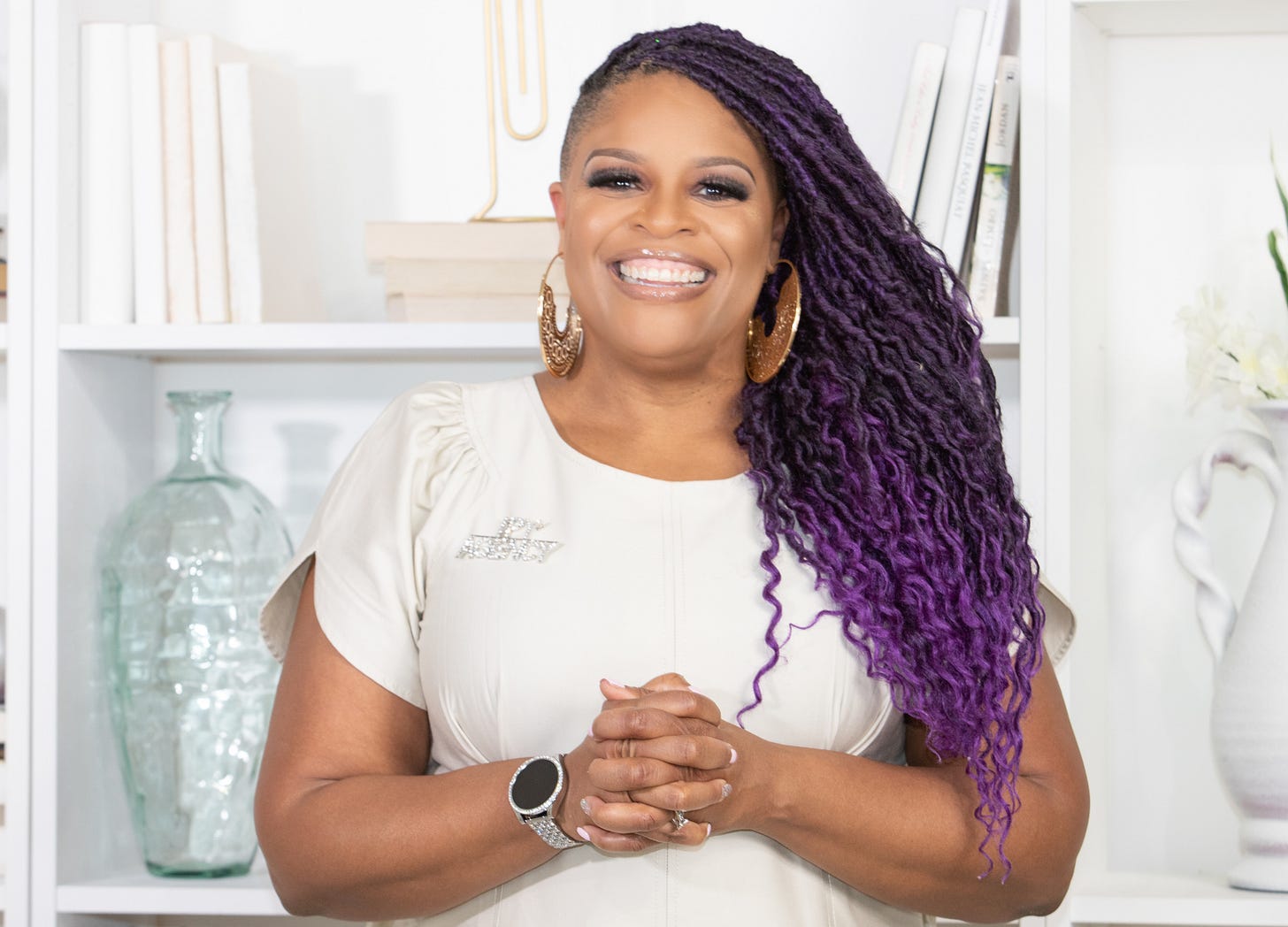'How Can I Help' and 'What Do You Need'
Two questions that communicate powerful meanings in professional and personal relationships
How can I help?
What do you need?
Those are important, not-often asked questions that are likely to make a significant difference in the minds of people to which they are communicated. Incredibly rare is it that people will get upset at us for asking them.
The idea for a conversation about them came from perusing the book in the library, “Pick Your Battles: Choose Steadiness in the book, Uncommon Influence, Saying Yes to a Purposeful Life.”
This will be a three-question discussion about finding a way to show ourselves differently to people.
Let’s start with “How can I help?” How is this likely received when asked?
“‘How can I help?’ shows you care by being empathic, offering support and being willing to help. It also shows you’re open to listening to their needs and eager to contribute positively to the situation,” says Adrienne Alexander, owner at IPY Agency, with two decades of experience in public relations and a distinguished certification in conflict resolution and management.
“When asked in a professional setting, when tensions are high, this question can help de-escalate the situation by showing your commitment to finding a solution. It helps foster teamwork and collaboration, making it easier to address conflicts or challenges.
“In personal relationships, ‘How can I help?’ shows you care and genuinely desire to help alleviate the other person's stress or discomfort. It can diffuse conflicts and make the other person feel valued and understood.”
“These are four small words that can have a big impact,” says Jerry Brook, The Good Together Guru and an author, speaker and app developer. “It is the selfless act of giving to others. It may be as simple as doing for others what they don’t have the time for in the moment to providing that which they cannot provide for themselves.
“This is an ‘I’ statement. ‘I statements convey commitment. ‘I’ statements set a perspective and a focus of collaboration or support. This particular ‘I’ statement further asks for nothing in return.”
Within challenging situations, it’s valuable he contends because of the big-picture message it sends.
“At a difficult or contentious moment this statement signals to all those involved that the concern is mutual,” Brook adds. “We aren’t here to place blame. We are here to resolve an issue. This places the focus on the issue and not on the individual.”
“This question communicates genuine care and concern for the other person's well-being,” says Joanna Staniszewska, the founder of the women-owned boutique communication agency, youll.be and co-founder of effenex.com, and an entrepreneur with 25+ years in marketing, HR, and communication.
“It shows that we are not just focused on our agenda but are open to understanding the other person’s perspective and needs. This question invites collaboration and signals that we value the relationship more than the conflict.”
"What do you need?" is a different question yet similarly an attention getter that can help and earn trust and respect.
It' “directly asks for the person's requirements, emphasizing a tailored and specific approach to helping,” Alexander says. “It demonstrates a willingness to address their unique situation.”
It also works well within a stressful or contentious professional situation, she adds. It “can be a powerful way to understand the other person's perspective and requirements,” Alexander says. “It allows you to tailor your support or solutions to their specific needs, leading to more effective problem-solving.
“In personal conflicts, it shows you're invested in resolving the issue and value the other person's input. It helps identify the root causes of disagreements and can lead to finding common ground or compromises.”
“‘What do you need?’ resonates deeply, demonstrating our commitment to addressing the other person's requirements, which they can realize,” Staniszewska says.
“It communicates that their needs matter to us, fostering a sense of significance and validation. This question can diffuse negativity during contentious situations by redirecting the conversation toward solutions. It helps identify the underlying issues causing tension and allows us to work together to find resolutions.”
There are links between these questions.
“Some common threads are the shared communication approach, including empathy, problem-solving, a desire to de-escalate, personalize the experience and improve communication,” Alexander points out.
“Both questions share common threads of empathy, but the second seems more involved in active listening and a genuine desire to understand and support the other person,” Staniszewska says. “They create a safe space for open dialogue, promoting effective communication and conflict resolution.”
“These questions difference serve as reminders,” she adds, “that communication is not just about conveying information — the first question; it's about building relationships and fostering connection — the second question.
“They encourage us to approach contentious moments with grace and a shared commitment to finding common ground.”
The Communication Intelligence newsletter is a new publication produced by the publisher of Communication Intelligence magazine. Subscribe for free or decide on a paid subscription for “extras,” whichever works best for you.
If you’d like to advertise in the Communication Intelligence newsletter, you can reach out to Comm.Intel.Newsletter@gmail.com and ask questions or express what service, services or products you’d like people to see in this publication.
$375 for your ad showing up in two issues of the newsletter. There are two available ads per article.
Together we will create an impressive color ad that you approve plus messaging you approve before I prominently and regularly display it for you.
$250 for a link to your About page, landing page or home page.
SOURCES
Adrienne Alexander, a professional resource for navigating the intersections of media, messaging and diplomacy.
Jerry Brook, The Good Together Guru, author and speaker.
Joanna Staniszewska, helping people bridge business objectives and human values.







